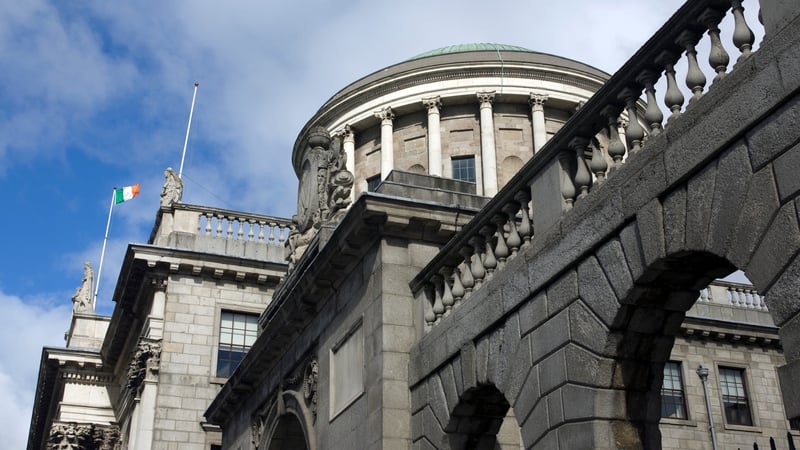A person applying to become a naturalised Irish citizen must have "unbroken" residence in the State for an entire year immediately before the date of their application, the High Court has ruled.
Mr Justice Max Barrett ruled that the discretionary practice by the Minister for Justice of allowing applicants to spend six weeks out of the country for holidays, or other reasons, and more time in exceptional circumstances, was not permitted by law.
The judge said that "might seem unfair" in a world where many people travel abroad for work and take foreign breaks more than once a year, but he said, that is what the relevant law requires.
He said the cure "for any such unfairness" lay in the gift of the legislature.
The judge made his ruling in the case of an Australian man, Roderick Jones, who challenged the minister's refusal to grant his application to become a naturalised Irish citizen.
During the one year period before the date of the application, Mr Jones, who works in the university sector, was out of Ireland for 100 days, 97 of them for holidays.
The law provides that the minister may grant the application, if satisfied the applicant has had a period of one year’s continuous residence in the State immediately beforehand.
The judge said the word "continuous" bore its ordinary meaning and was defined as "unbroken, uninterrupted, connected throughout in space or time".
The judge said the law did not allow the Minister any discretion in relation to this requirement.
He said the minister had manifested "very real humanity" in trying to nuance the very clear wording of the legislation by applying a discretionary absence period to allow for the realities of modern life, but he had gone beyond what was legally permissible.
The judge said there was no evidence before him as to why the Oireachtas had imposed this condition in the 1956 Act.
He said it may have been to ensure potential citizens enjoyed a concrete connection with the State or were attuned to the way of life in Ireland or some other reason.
The cure for any resulting unfairness was not to be found in the courts he said, but lay in the gift of the legislature.
